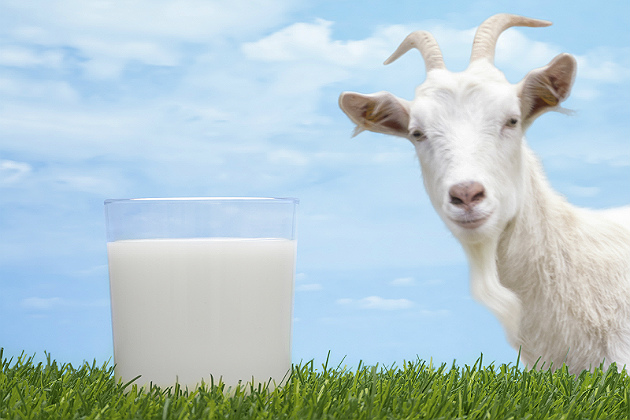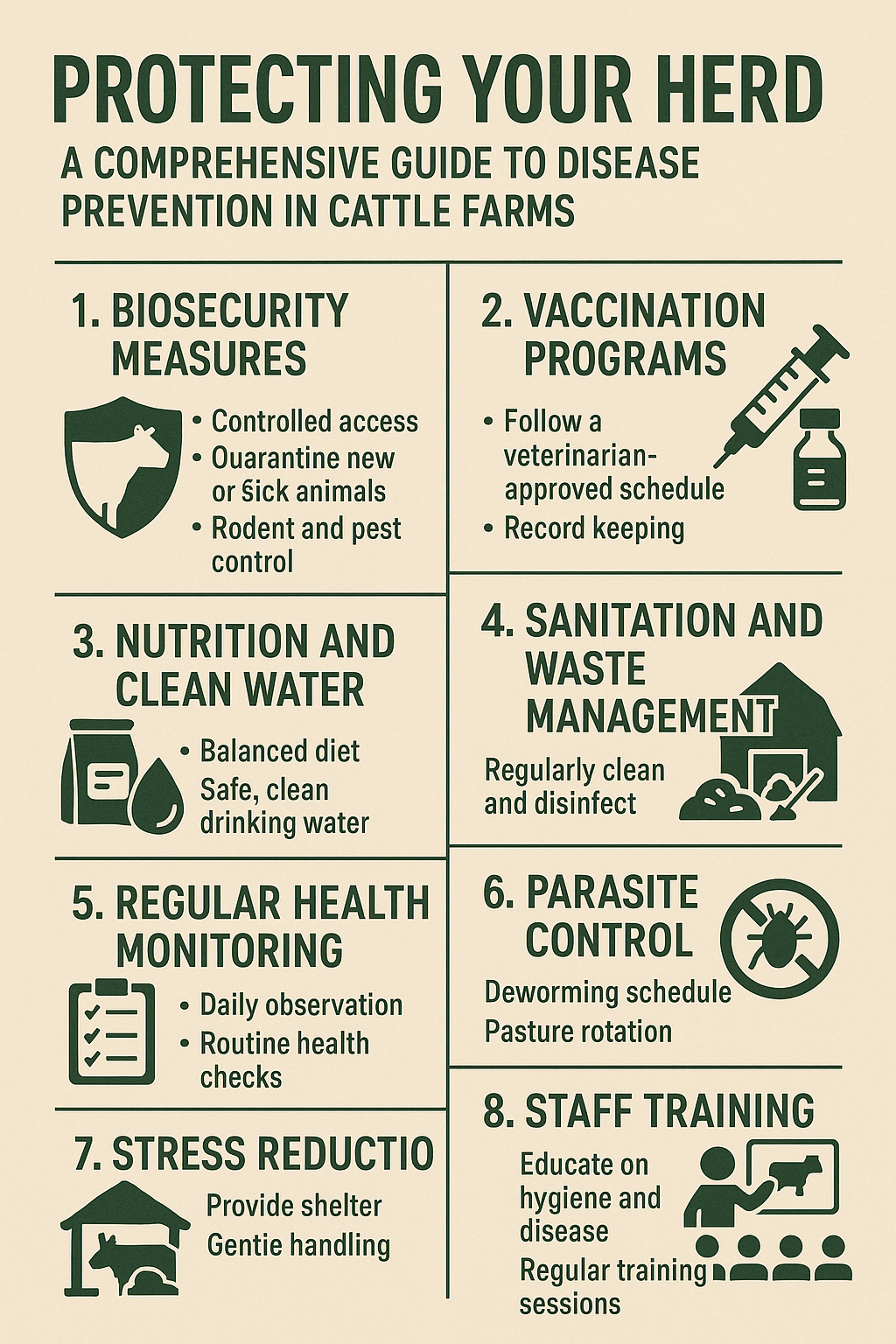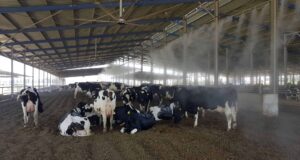
Goat milk, often overshadowed by its more popular counterpart, cow milk, is gaining recognition as a nutrient-rich alternative with remarkable health benefits. With its unique composition and digestibility, goat milk has carved a niche in the world of nutrition and health. Let’s delve into what makes this “white gold” so special.
Nutritional Composition of Goat Milk
Goat milk is a powerhouse of nutrients, boasting a composition that is distinct from cow milk. Here’s a breakdown of its key components:
- Proteins: Goat milk contains high-quality proteins, including all essential amino acids required by the human body. The protein molecules in goat milk are smaller, making them easier to digest and less likely to cause allergic reactions.
- Fats: The fat globules in goat milk are smaller compared to those in cow milk, which enhances digestibility. It is also rich in medium-chain triglycerides (MCTs), a type of fat that provides quick energy and supports metabolic health.
- Carbohydrates: Goat milk contains slightly less lactose than cow milk, making it a viable option for individuals with mild lactose intolerance.
- Vitamins: It is a rich source of vitamin A, which supports vision and immune function, and vitamin D, crucial for bone health. Goat milk also contains significant amounts of niacin, riboflavin, and B6, which contribute to energy metabolism.
- Minerals: Goat milk excels in its mineral content, particularly calcium, magnesium, and potassium. These are vital for maintaining strong bones, regulating muscle contractions, and supporting cardiovascular health.
Health Benefits of Goat Milk
- Improved Digestibility: Due to its smaller fat globules and softer curd formation in the stomach, goat milk is gentler on the digestive system. This makes it ideal for infants, the elderly, and individuals with sensitive stomachs.
- Lactose Intolerance Relief: Although not completely lactose-free, the lower lactose content in goat milk can make it more tolerable for those with mild lactose intolerance compared to cow milk.
- Boosts Immunity: The high levels of selenium in goat milk play a pivotal role in enhancing immune function and protecting the body against oxidative stress.
- Supports Bone Health: With its abundant calcium and vitamin D content, goat milk contributes significantly to maintaining bone density and preventing conditions like osteoporosis.
- Anti-inflammatory Properties: Goat milk contains oligosaccharides, which act as prebiotics to promote gut health and reduce inflammation. This can be particularly beneficial for individuals with irritable bowel syndrome (IBS) or inflammatory bowel diseases.
- Skin Health: Goat milk is rich in alpha-hydroxy acids, such as lactic acid, which help exfoliate dead skin cells and promote smooth, youthful skin. This is why goat milk is a popular ingredient in skincare products.
Goat Milk vs. Cow Milk
While both cow and goat milk have their merits, goat milk offers unique advantages for those seeking better digestibility and a nutrient-dense alternative. It’s also less likely to cause allergic reactions due to the absence of a protein called alpha-S1 casein, which is more prevalent in cow milk.
Incorporating Goat Milk into Your Diet

Goat milk can be consumed as is or used to prepare a variety of products, such as cheese, yogurt, and kefir. Its naturally creamy texture and slightly sweet flavor make it a versatile ingredient in cooking and baking. For those who are new to goat milk, start by adding small amounts to your diet to allow your taste buds and digestive system to adjust.
Conclusion
Goat milk is not just a nutritious beverage; it’s a boon for human health with its myriad benefits. Whether you’re looking to improve digestion, support bone health, or boost your immunity, this nutrient-packed alternative deserves a spot in your diet. As awareness grows, goat milk is poised to become a staple in households worldwide, offering a wholesome and natural solution for better health.

Krishna Nand Bansal1, 2Lokesh Khandelwal
Department of veterinary gynaecology and Obstetrics, PGIVER, Jaipur
Animal Physiology Division, NDRI, Karnal

















